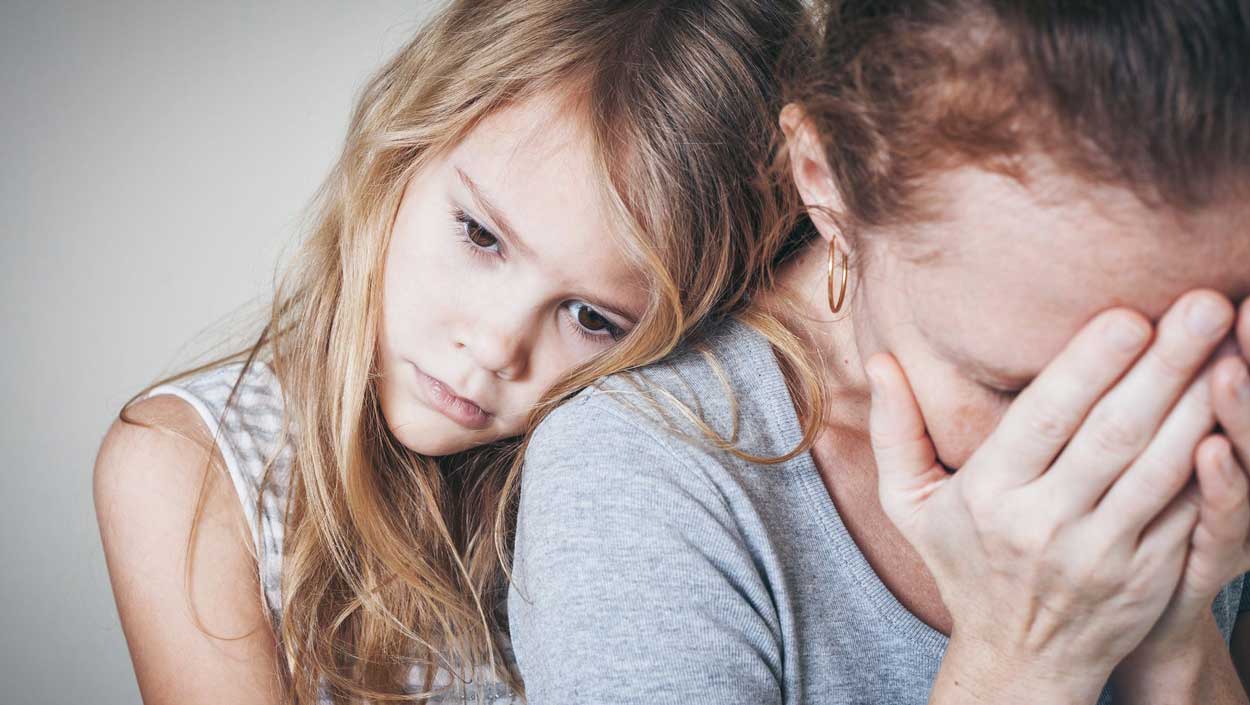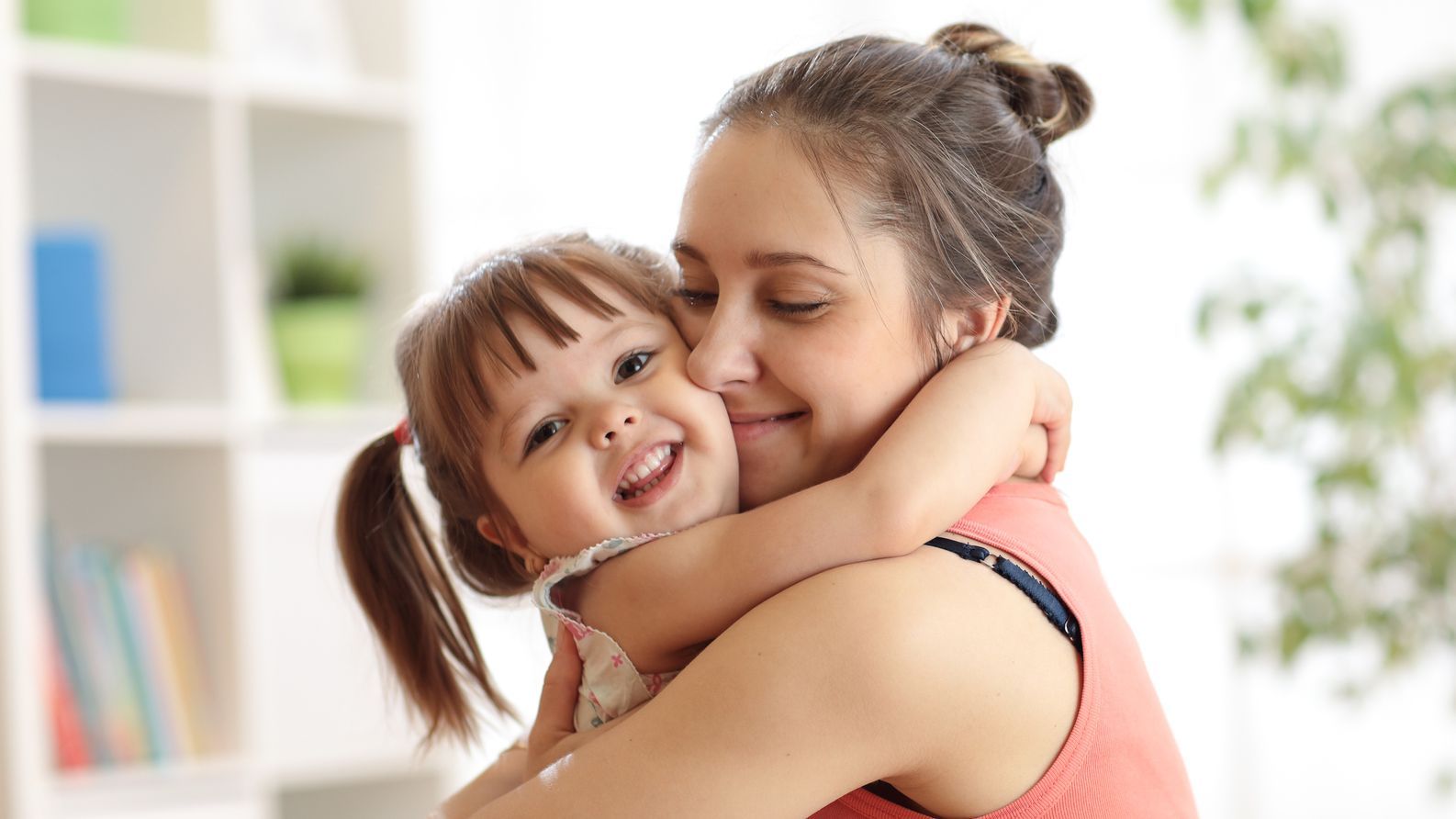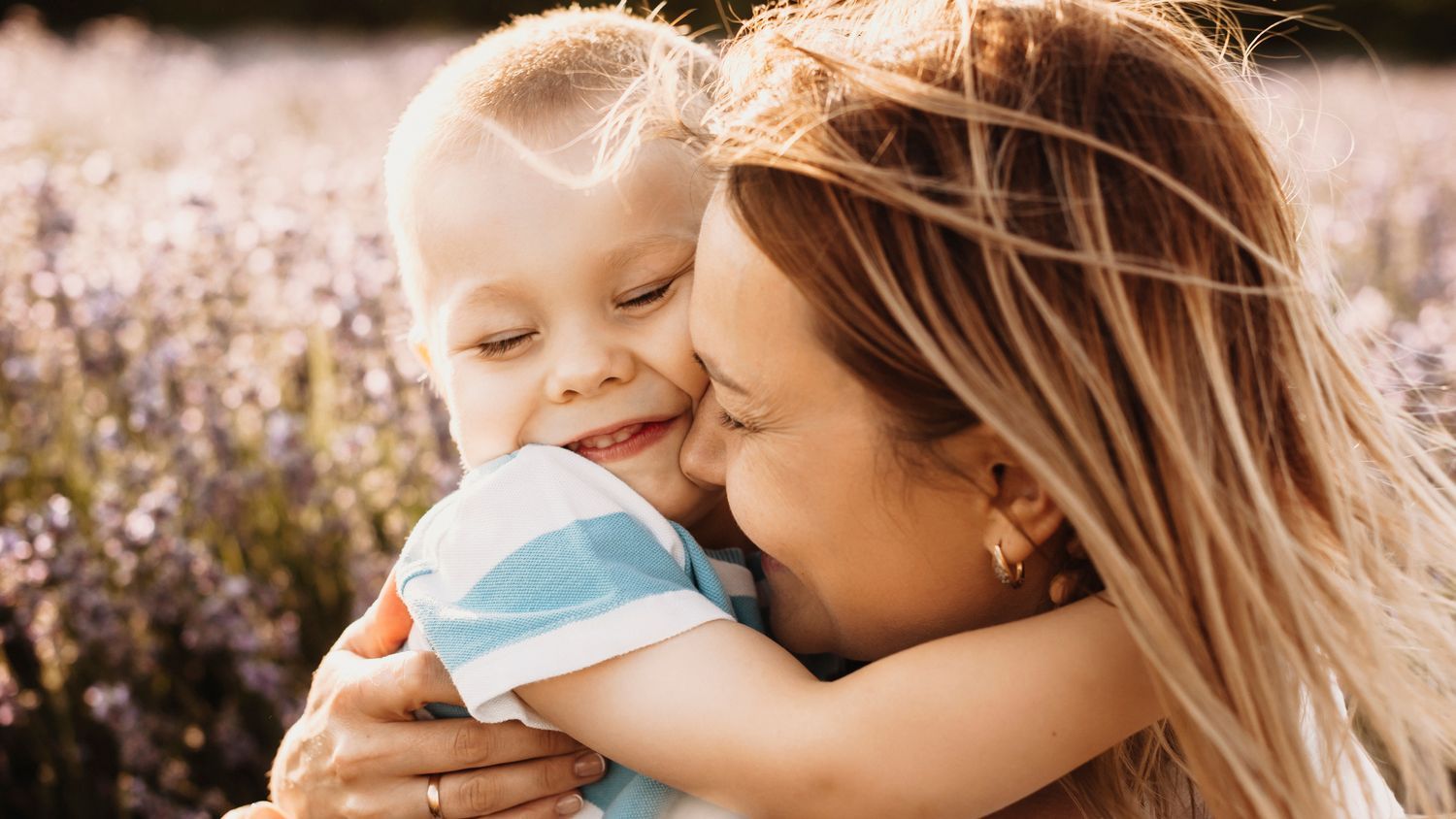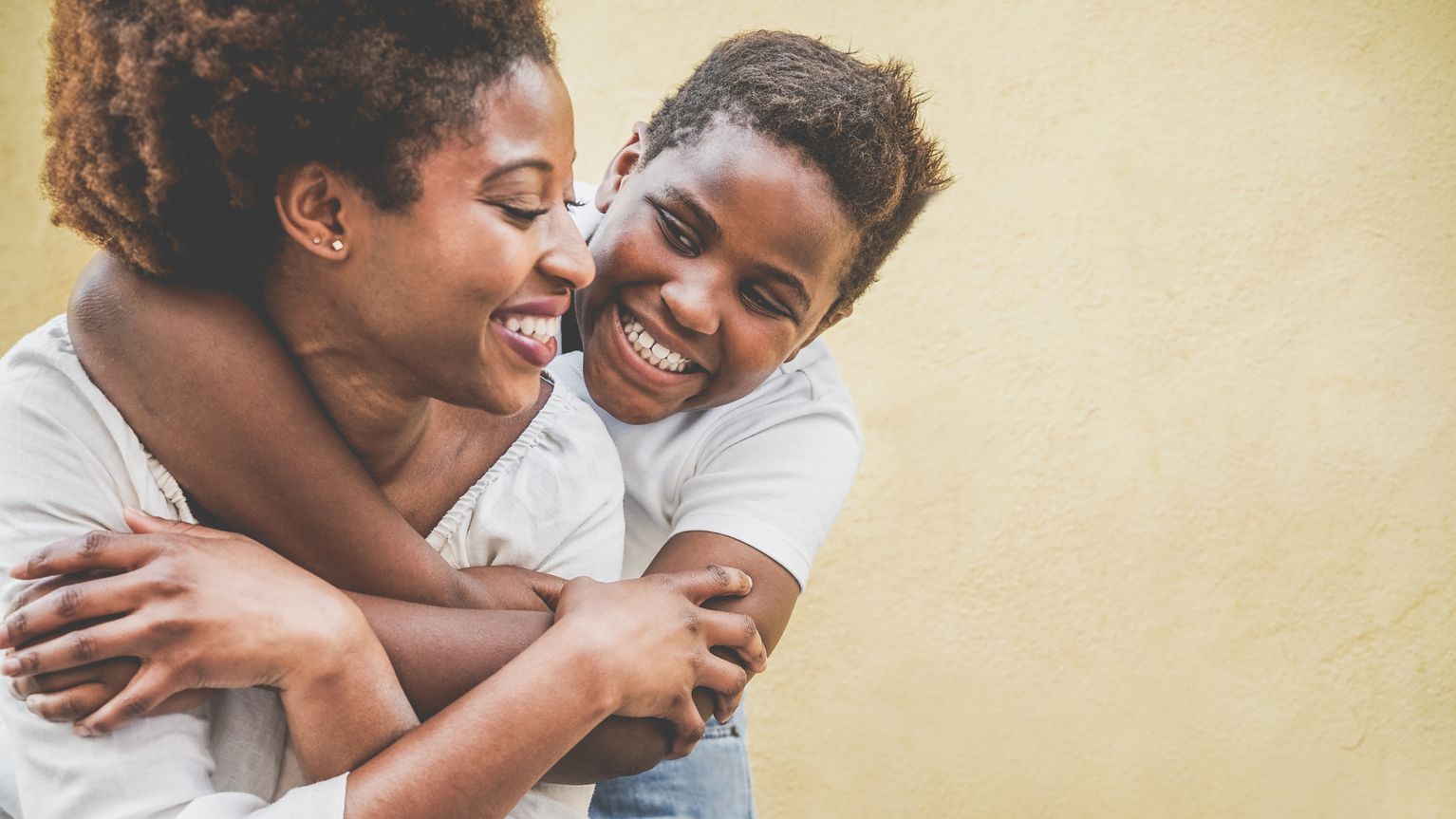
Although 81% of Americans approve of spanking as an appropriate method of discipline for children, the far-reaching effects of spanking are both alarming and problematic.
What's going on?
Why is spanking a "go-to" to address kids' behavior in the first place, and if it's so bad, why is no one talking about it?
More on the "why" shortly...
First, some empathy.
If you're a parent, you know firsthand that parenting is just plain hard sometimes. Even the most gentle, peaceful parent can have days (ahem, weeks) where they want to throw in the proverbial towel.
We know that kids' behavior – be it toddler tantrums, parenting an angry child, or anything else the child brings to the relationship – can be incredibly triggering. Not to mention, we have to manage whatever of our own "stuff" we might be dealing with. Especially if we're exhausted or otherwise low on emotional resources, we want our kids to make our lives easier, not harder!
That desire for things to be easy is completely normal.
However, while spanking kids might seem to get us the behavior we desire – the effects of spanking simply aren't worth it.
There's another way.
Believe it or not, with practice, the "other way" actually becomes much easier than spanking. Even better, it produces much better results for both parent and child.
Consider these reasons parents spank – and their counterpoints.
Parents spank for many reasons.
Some parents learned to spank from their family of origin.
Consider: Our history doesn't need to be our destiny. There's a path forward.
Some parents may misunderstand child development and appropriate discipline methods to match that development.
Consider: Resources are available to support adults in learning about what children need at various stages.
Some parents believe that spanking is encouraged or mandated by their faith.
Consider:
It's a fallacy that most major belief systems, including Christianity, support spanking. Most of them, including Christianity, don't.
What are the effects of spanking? If so many people are doing it, can it really be that harmful?
Unintended effects of spanking: It slows development.
Children grow best, developmentally and otherwise, when they feel safe to do so. Children who feel emotionally safe don't have to expend energy on self-protection.
Among the effects of spanking, however, are children who suffer the fear of being hit, smacked, swatted, or any of the other terms adults use to mean spanking. This fear is in direct opposition to children's growth; in fact, it's a strong force against it.
The effects of spanking, resultantly, are that the child's IQ and development slow to a lower rate than the child would otherwise experience.
Some parents argue that spanking only when their child is very young, or only when the parent is no longer angry, is an acceptable way to use corporal punishment. Science disproves that.
There's no situation, ever, when spanking doesn't provide far more negative and damaging consequences than the sometimes perceived "win" of changed behavior.
Delayed development doesn't make exceptions for when the adult argues that the spanking was "fine."
Unintended effects of spanking: It harms the brain.
The effects of spanking include a decline in children's mental health; their brain literally can't function as well as it otherwise would. A child's subconscious simply can't comprehend that the same adult who loves them would also physically harm them.
This "disconnect" hinders healthy brain development.
Kids are literally wired to pursue connection with their trusted adults. We see it from the first moments of the child's life where they seek the warm embrace of their mother, searching for her eyes and her breast. As they grow, kids will continue to try to connect with her no matter what -- even if it's damaging to their well-being. (Needless to say, spanking isn't exclusive to mothers; the point is that children biologically and naturally crave their primary caregivers' love, no matter who it is.)
A child's mental health, damaged by spanking, is not easy to recover once the relationship has suffered.
Even a decade later, a child who was spanked only as a toddler may still be suffering the repercussions. Furthermore, their behavior may actually deteriorate years later as a direct result of their prior corporal punishment!
The brain simply isn't the same after spanking. It can't be, because the spanking has altered it.
Unintended effects of spanking: It creates trauma within the body.
Many parents believe that once the crying has stopped, the emotional effects of spanking have essentially worn off and that the child has "gotten over it."
Perhaps surprisingly, just because the child has stopped crying, that does not mean that the body has forgotten what happened. To the contrary, the very opposite is true. The body stores the experience as trauma that may last for years beyond the actual spanking.
Further, it sets up the child for future and ongoing trauma.
Do all children who are spanked end up with significant lifelong trauma? Not necessarily, but the odds are indeed stacked against them. The adult has no way to know to what extent the child will suffer, even if the adult perceives the punishment to be mild.
Some parents wonder how to punish a child if they're not spanking them
The answer might surprise you.
Punishment isn't necessary. Teaching is – but not punishment.
If you wonder, "How will kids know they've done something wrong if they don't feel the pain of some sort of consequence?" Further, you might wonder "Do you mean that I should go from spanking to...nothing? How is THAT going to work?"
Peaceful parenting is not permissive; children do need boundaries. The difference lies in a connection-based relationship; parenting without punishments. Many parenting support resources can offer you ideas about everything from peaceful discipline methods to anger management strategies.
Indeed, consequences do exist in gentle parenting – but not in the way many parents realize. Be it for toddler discipline or working with an older child, the consequences “applied” in gentle parenting have no-long term negative outcomes, and are still highly effective teachers.
Positive, gentle parenting requires a reframe from wanting children to behave because they're afraid of what might happen if they don't, to parenting them in a way that helps them naturally want to collaborate with their caregivers.
It requires a shift from violence, which is anything that causes physical, emotional, or spiritual harm – to non-violent communication strategies.
Indeed, it's a major shift. It's also completely within your reach, no matter your history.
And it's never too late.
Some parents might wonder if a connection-based relationship where adults and children mutually want to do well for each other is even possible.
I invite you to be open to the idea that it is possible. I also invite you to, with an open mind and an open heart, consider the possibilities of what that connection might feel like.
Repair and recovery are always possible.
The negative effects of spanking may be manyfold, but so are the positive effects of healing.
One step toward that healing might rest in pursuing a peaceful parenting coaching certification. It gives parents a new level of empowerment; it changes lives permanently for the better.
This single step into new territory might send you down a path you never dreamed possible – a path where you and your child can truly thrive together. What would it feel like to live in an ongoing state of peace?
Meet Your Author, Sarah R. Moore
Sarah R. Moore is the founder of Dandelion Seeds Positive Parenting and a Master Trainer for the Jai Institute for Parenting. As a certified gentle parenting coach who's studied directly with some of the world's most respected psychologists, neuroscientists, researchers, and advocates for children, she’s a regular contributor to international parenting magazines.
With readers on six continents, she's also a frequent guest on podcasts and parenting summits. She offers a popular series of mini-courses, webinars, and FREE expert interviews. Additionally, she's the Editor for Pregnancy Magazine. She’s currently writing a book that will be released this year. Follow her on Instagram, Facebook, Pinterest, Twitter, and YouTube.
KEEP READING:








